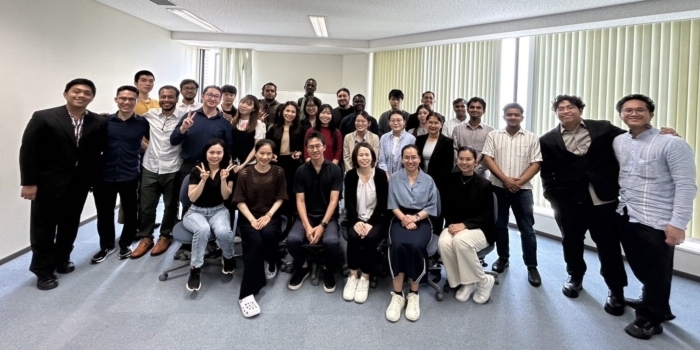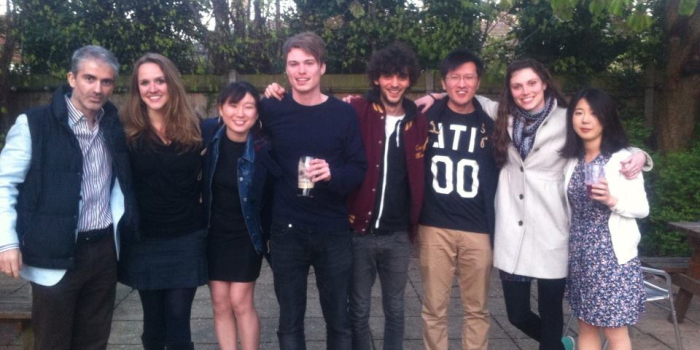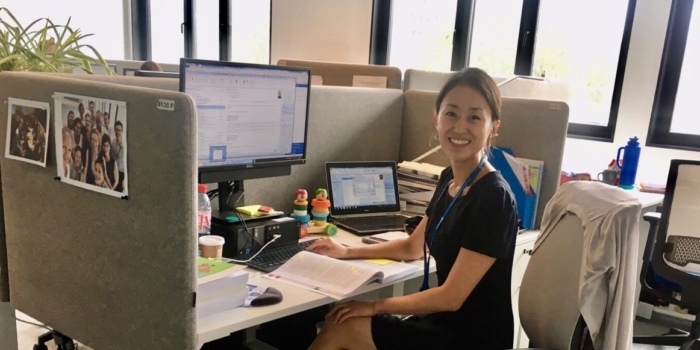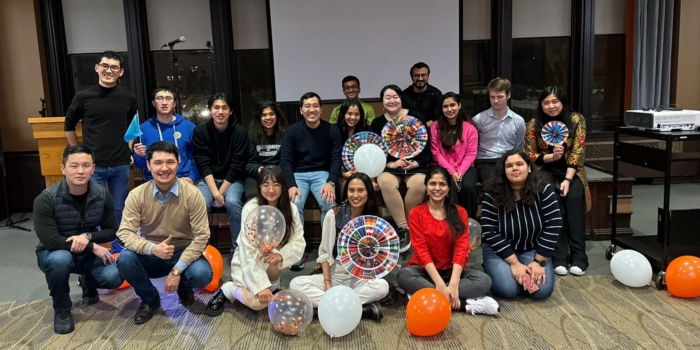In May and June 2024, Professor Naoki Umemiya of Sophia University delivered an intensive lecture titled “Development Management.” Professor Umemiya has worked for the Japan International Cooperation Agency (JICA) and the World Bank. He currently teaches at the Center for Global Education and Discovery of Sophia University and also at the Tokyo Institute of Technology as a visiting professor. His research field is comparative research, focusing particularly on education policy.
In the first half of the intensive lecture, he introduced the management policies and practices of Official Development Assistance (ODA) to promote socioeconomic development in developing countries, with a particular focus on Japanese ODA. After providing an overview of the challenges facing developing countries and the Sustainable Development Goals (SDGs), he explained the history of Japan’s ODA, its policies, its features, and practices, with examples of specific projects. In the latter half of the lecture, participants learned about project management methods used in the formation of ODA projects, and each group designed a project to solve an educational issue in a developing country.
During the lecture, Professor Umemiya emphasized the importance of approaching projects from multiple perspectives. He used a variety of examples from both micro and macro perspectives to explain what projects are truly necessary for beneficiaries. In particular, he carefully explained how the micro perspective, which is often overlooked in projects and policies, can improve the environment for the 5-10% of people who do not have access to education, based on the SDGs’ principle of “Leave no One Behind.” He addressed this from economic, political, policy, cultural, and other perspectives. More than 35 people attended the lecture.
The attendees represented a variety of nationalities, including students from Bangladesh, Burkina Faso, Brazil, Cambodia, China, Egypt, France, Japan, Korea, the Philippines, and Vietnam. The lectures were filled with discussions that transcended national borders, as each country has a different educational system, economic situation, culture, and customs. Students from various backgrounds learned from each other, and the guidance of experienced professors who have been involved and active in international cooperation for many years led to a deeper understanding of international cooperation and the acquisition of practical skills. It was a great opportunity to gain a perspective that will be necessary when managing and evaluating projects in the future.
Authored by Mami Fujiwara (Doctoral student)
Related






